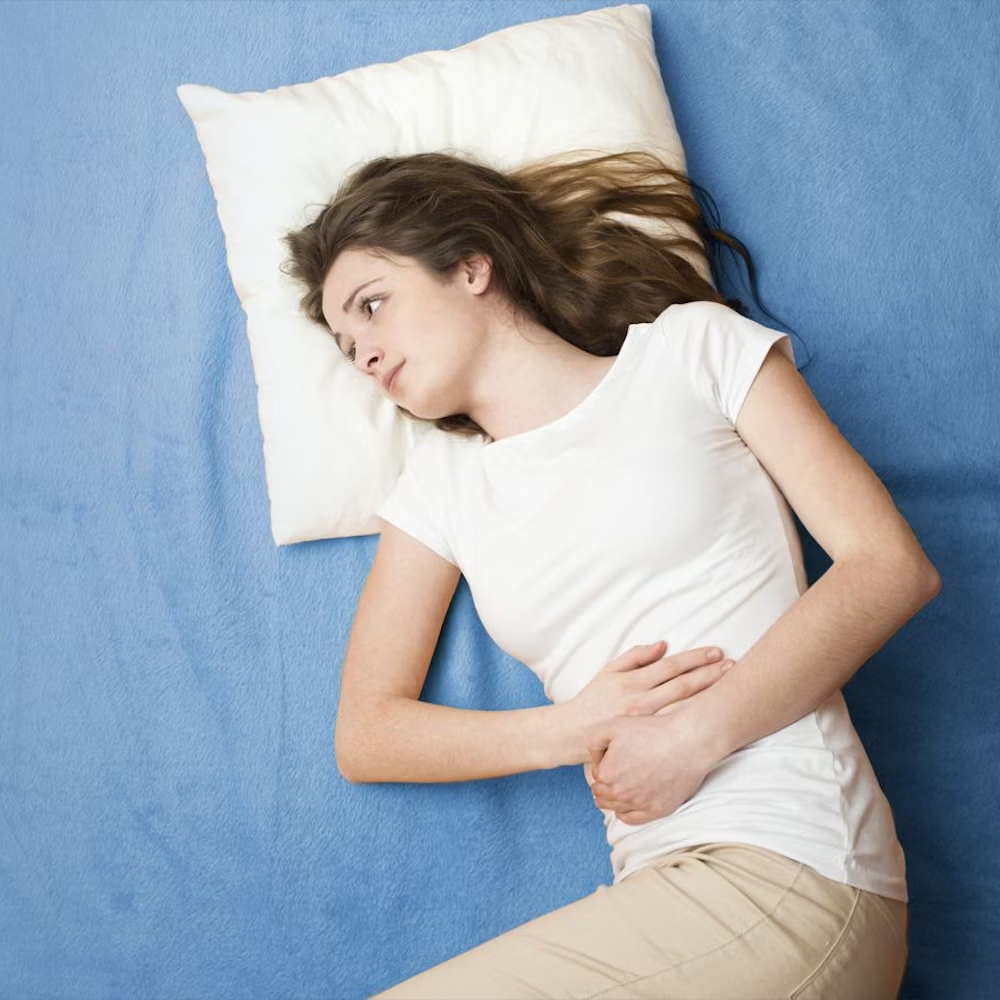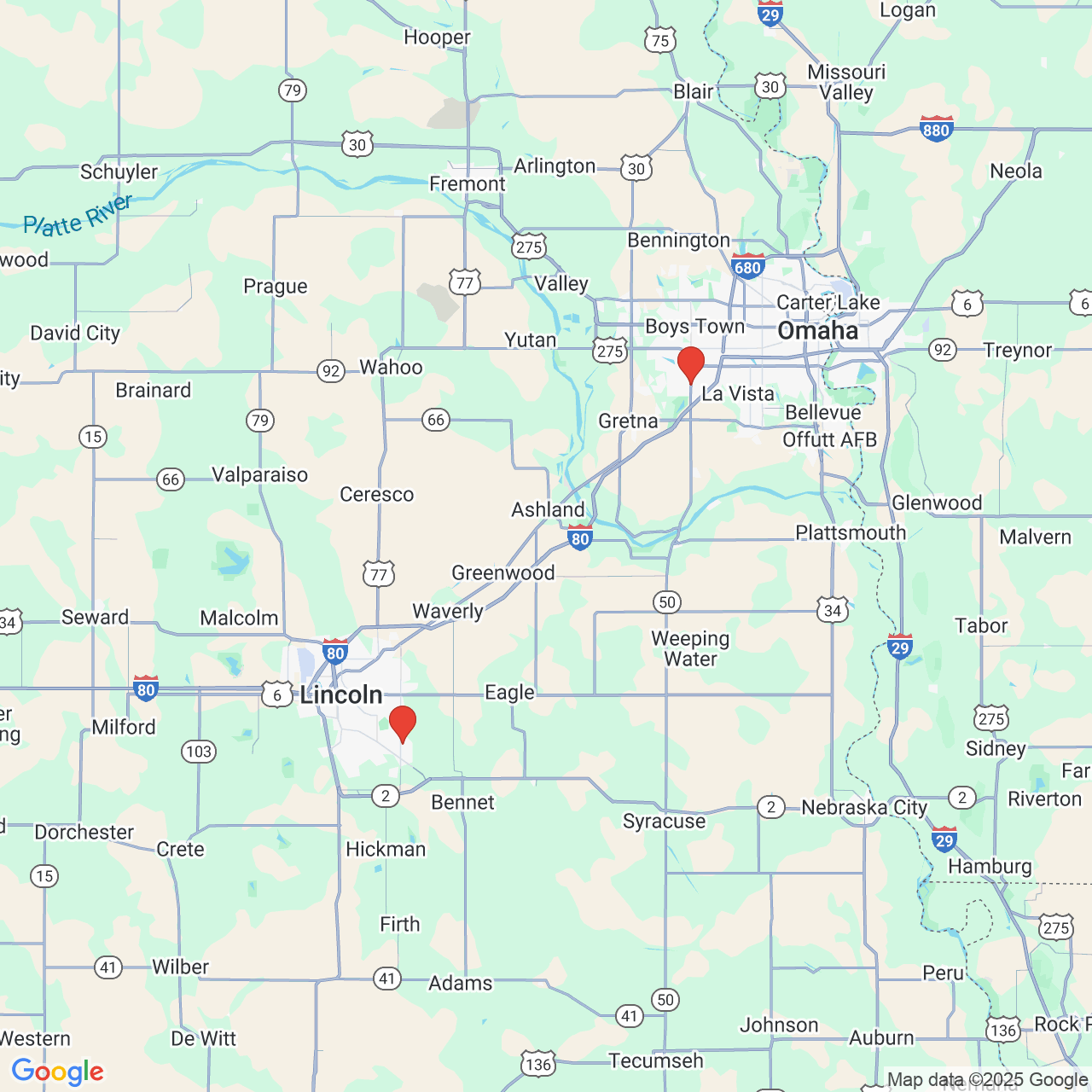
Endometriosis
You're Not Alone
It is estimated that at least 11% of American women between the ages of 15 and 44 are affected by endometriosis. Office on Women's Health
What Is Endometriosis?

Endometrial tissue grows inside the uterus and is shed each month during a woman's period. Endometriosis is a disorder in which tissue similar to endometrial tissue grows outside the uterus. This may include areas of the abdominal cavity, ovaries, and fallopian tubes. The endometrial tissue growing in these places will swell and bleed just like your endometrium, but since the tissue cannot easily exit your body, the results can be painful.
The condition can cause a variety of uncomfortable symptoms, including:
- Abnormal pelvic pain and cramping during periods
- Heavy menstrual bleeding
- Pain during urination
- Pain during intercourse
- Stomach problems like nausea and diarrhea
Because these symptoms are similar to side effects you may experience during your period, many cases of endometriosis go undiagnosed until a patient struggles with becoming pregnant.

Infertility From Endometriosis
In addition to the uncomfortable symptoms endometriosis can cause, the disorder can also make women worry about infertility.
Endometrial growths can block the fallopian tubes, causing problems during fertilization. These growths can also damage the sperm or eggs or make it difficult for the sperm to access the egg. The condition can even trap blood in your ovaries, causing cysts. While it does not necessarily prevent pregnancy, endometriosis affects the reproductive organs and can make successful conception more difficult.
Although the symptoms of endometriosis typically subside after menopause, controlling your endometriosis now can improve your overall quality of life and your chances of pregnancy.
The Diagnosis and Treatment of Endometriosis
If you're trying to get pregnant but think you may have endometriosis, our doctors can perform a variety of tests to confirm diagnosis and treat it accordingly. Diagnosis and treatment may include these steps:
Heartland Center for Reproductive Medicine, PC is dedicated to providing state-of-the-art care according to the highest medical standards with professionalism, compassion, and integrity.
Let Us Help You Build Your Family
Controlling your endometriosis can improve your chances of pregnancy and your overall quality of life. Based on the severity of your condition, our doctors can recommend a treatment option that is right for you. To request an appointment, contact our Omaha, NE, office.
Common Causes and Risk Factors
While any woman or girl can develop endometriosis after puberty, you may have an increased risk of endometriosis if:
- You have never had children
- Women in your family have endometriosis
- Your menstrual periods last longer than seven days
- Your menstrual cycle is shorter than 27 days
- You have been diagnosed with an immune disorder
- You are in your 30s or 40s
"The absolute best experience."
The journey of fertility is made clear, supportive, and lovely by the team at Heartland. I had the absolute best experience from the moment I began at Heartland. I met with Dr. Gustin, Dr. Maclin, and the nursing staff at the start. Everyone was welcoming and professional.
View on GoogleOur family is beyond thankful for everything Heartland has done for us over the last 9 months. They have been such a blessing to us! Without them, we’d have likely given up on the dream of growing our family. We always felt heard, known, and always received the most thorough explanation of any and all treatments, lab work, and scans.
View on Google





